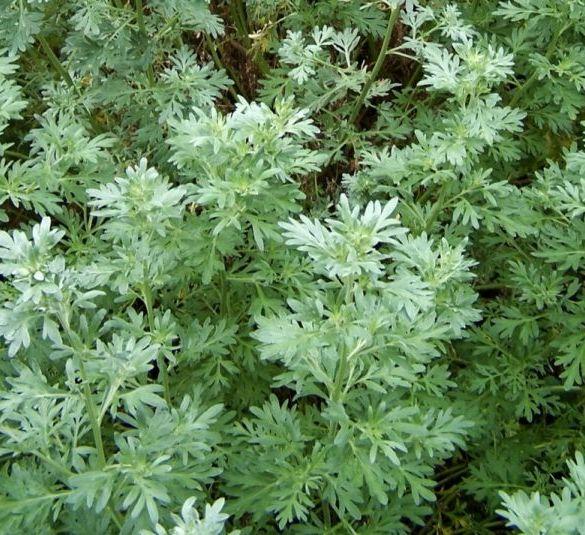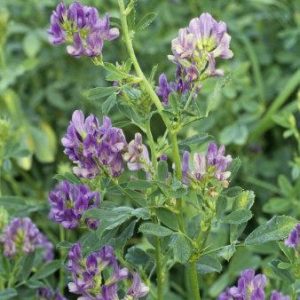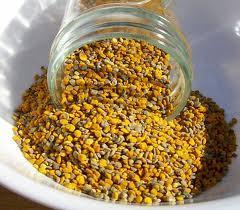BioComplete™ Wormwood
Wormwood is is one of the most bitter of all plants and has strong pest repellant properties and deters the growth of weeds. Can be toxic if ingested in large amounts. Traditionally used in chinese blends with much success.
Also known as:
Artemisia absinthus, absinthe, absinthe wormwood, and old woman's weed.
Introduction:
As bitter as Wormwood, goes an ancient proverb, and Wormwood is indeed one of the most bitter of all plants. Named after the Greek goddess Artemis, the plant is said to have been delivered to Chiron, the father of medicine, by the goddess herself. Wormwood, often called absinth, has hallucinogenic and psychoactive properties and is said to affect the brain in much the same way as THC. Wormwood is often used as a companion plant, as it has strong pest repellant properties, and deters the growth of weeds. Its best known use is in the making of absinthe, a liquor distilled from Wormwood which is said to have hallucinogenic effects. Such famous men as Hemingway and Van Gogh attributed part of their creativity to absinth induced visions. True absinthe is illegal in many countries, but Wormwood is also used as a color and flavoring in other liqueurs, notably Vermouth. The absinthe recommended by the ancient physicians from the Egyptian through the Greeks was likely a very different recipe than that with which we are familiar today. It is most likely that it was simply Wormwood soaked in wine or spirits, imparting the medicinal value of the plant to the alcohol. Among its traditional uses, Pliny noted that victorious champions at the races often drank a cup of wine in which Wormwood had been soaked to remind them that victory was bitter as well as sweet.
Constituents:
Thujone (absinthol or tenacetone), thujyl alcohol, acids, absinthin, tannins, resin, potash, starch
Parts used:
The whole herb (leaf, stem and flowering parts)
Typical preparations:
Soaked in wine or other spirits, as a tea, in some dream and sleep pillows, as a liquid herbal extract and sometimes found in capsules.
Summary:
Wormwood's rather unsavory reputation and the banning of absinthe in the United States has added to the glamour and mystery surrounding wormwood. The active constituent thujone * most often absinthol * can be toxic in high doses, and may induce hallucinogenic visions. Wormwood has a long association with both bitterness and liquor, being an ingredient in pernod, vermouth, absinthe and other alcoholic spirits.
Precautions:
Wormwood contains constituents that may be toxic if ingested in large amounts and for extended periods of time. Not to be used while pregnant.
This information has not been evaluated by the Food and Drug Administration. It is not intended to diagnose, treat, cure, or prevent any disease. These food products may be beneficial for supporting optimal health.
For educational purposes only.
Additional information
| Size | 0.64 oz Small Jar, 2 oz Large Jar |
|---|





